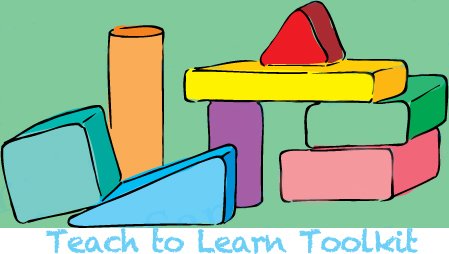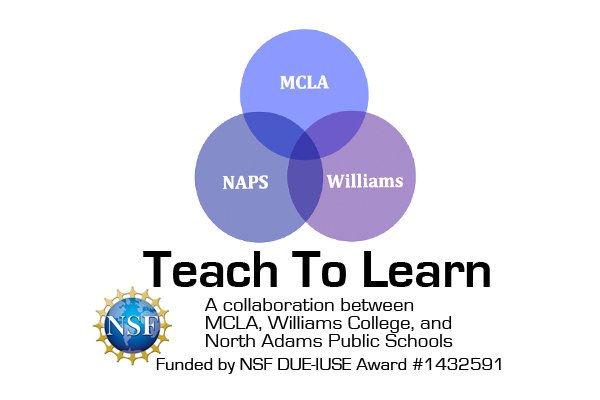Section II

Section II - Multi-Year Roll Out and Annual Timelines
The T2L program has two distinct components: A summer curriculum development component, and a school year classroom teaching component.
Our summer curriculum development programs runs for 9 weeks. The Science Fellows work 40 hours per week under the direction of the North Adams Science Coordinator with support from the College Liaisons. In our second summer we added the Science Coordinator as a full time presence to work with the Science Fellows on a daily basis. This daily adult supervision dramatically increased the quality and quantity of work the Science Fellows produced (as opposed to year one, when there were weekly meetings between the North Adams Schools program staff and the Science Fellows, but Science Fellows primarily worked independently). The Classroom Teachers who work on the summer curriculum development also benefit from meeting regularly with the Science Fellows and the North Adams Science Coordinator. Heading into our third summer we are going to require that Science Fellows and Classroom Teachers meet and work together at least twice a week for two hours.
During the school year, we place pairs of Science Fellows in the classroom for one two-hour block per week. During the two hour block of time, one hour to one and a half hours is spent co-teaching the science lesson from the T2L curriculum unit, fifteen minutes to a half hour is spent debriefing and planning for the next lesson, and fifteen minutes to a half hour is spent setting up and cleaning up the lesson. Where possible we try to pair one new and one returning Science Fellows together in a classroom. Classroom Teachers participate in the program by choice and receive a stipend for their participation in the school year program, but most have indicated that they would participate even if no stipend was involved.
In the first year of the project we began with four grade levels, 17 classrooms, and 43 Science Fellows working in three schools. (Our four-year goal is to serve eight grade levels (K-7), 30 classrooms, and involve 60 science fellows).
If we had it to do over again we would have started smaller. We would suggest focusing on only one or two grade levels, and perhaps concentrating on only one school. To ensure program quality, there should be a program staff member with deep knowledge of the curriculum being taught to oversee implementation at a given grade level, and provide the curricular support needed. Our advice would be to assign one person on your team to become an expert in each instructional unit to be taught, and then decide how many classrooms that person could reasonably support given the types of support you deem desirable (see Section VII Making it Work in the Classroom below).
The first year, we developed an annual calendar to help us stay organized and on top of project management.
File:
This calendar includes references to the surveys we do as part of our research agenda. Even if you are not doing research, we would recommend you regularly collect feedback from participants to help you improve your program. The “Science Fellow Questionnaire” and “Classroom Teacher Questionnaire” included in Section X Research contain questions that solicit feedback relevant to general program improvement.

